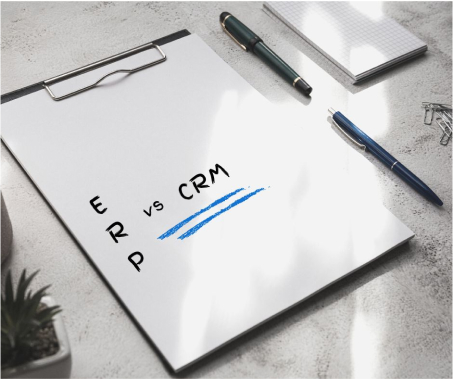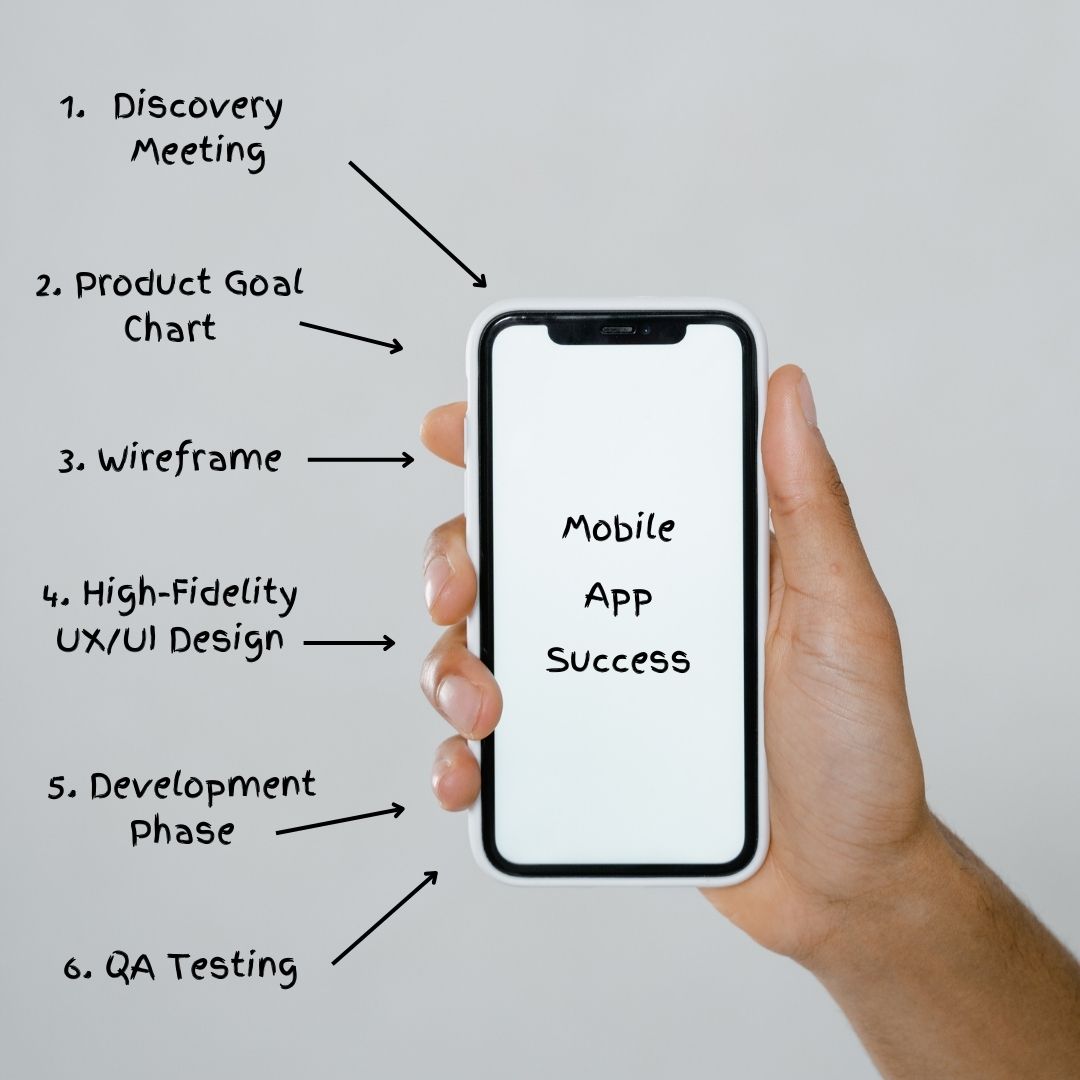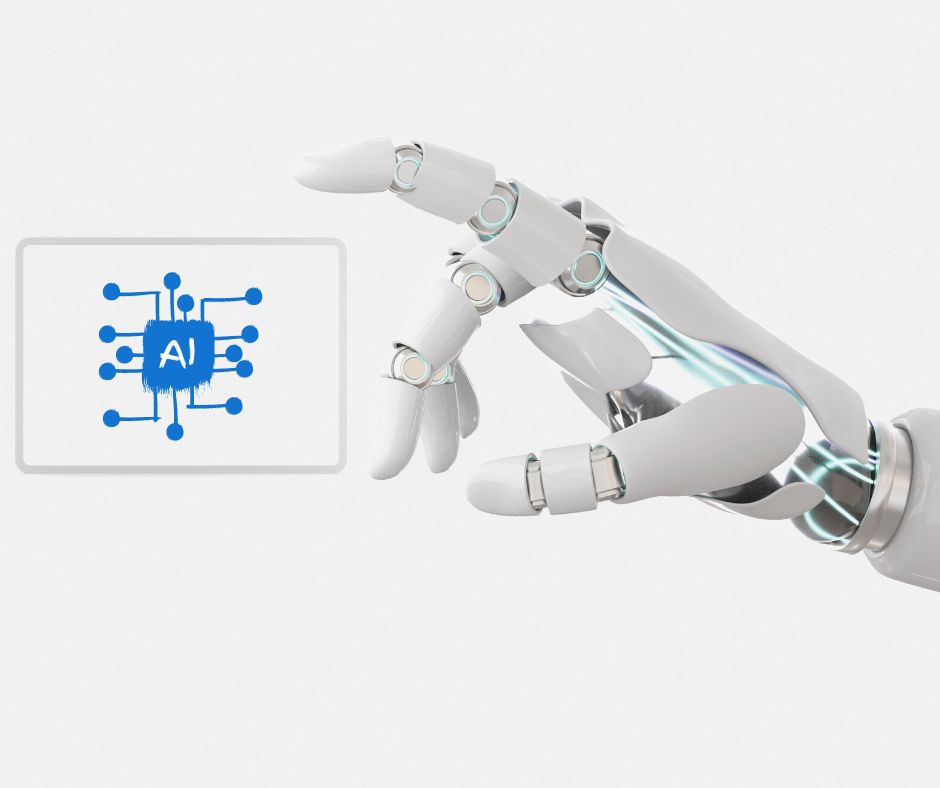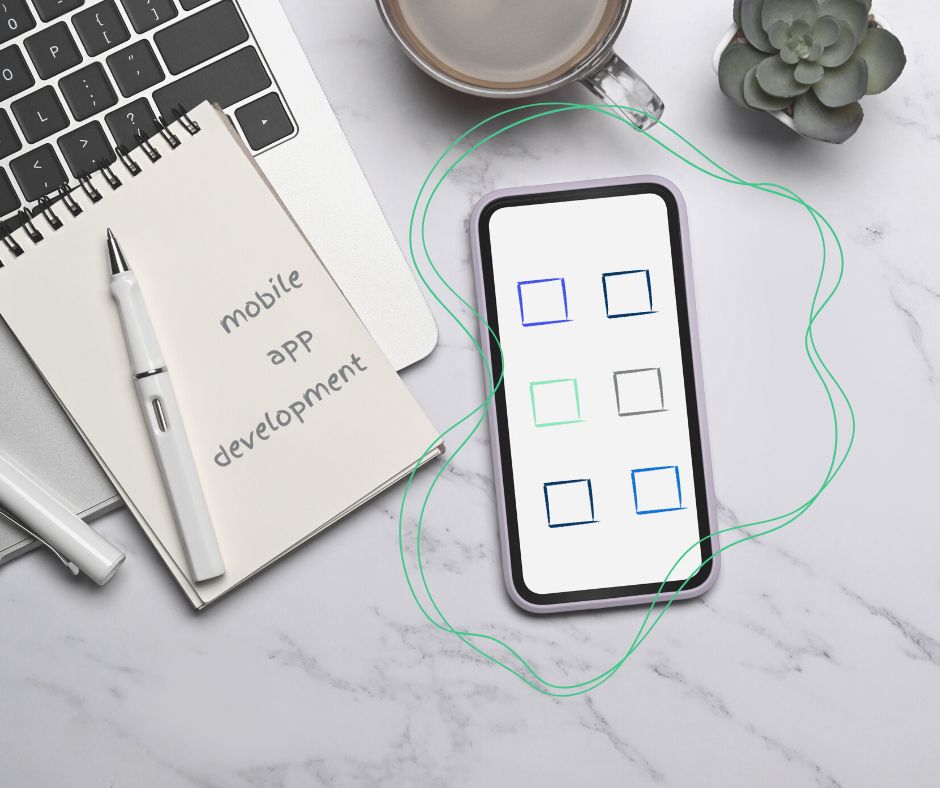
So your business is growing.
And you’re growing to the point that you need to start automating more and more processes in order to scale. Talk of ERP vs CRM is thrown around, but what are they really, and do you need them?
It’s common to wonder what CRMs and ERPs will do to help a business, and to then wonder which one to start with.
Let us tell you from experience:
Implementing the right software for your business can be a game-changer.
It can help you get more organized, keep meticulous track of your customers and more easily nurture relationships with them, save time by automating processes, and save money by becoming mega efficient.
So which software can your business not live any longer without?
ERP vs CRM: read on for the full breakdown.
What is ERP?
ERP stands for Enterprise Resource Planning. This type of software manages the business side of operations. ERPs tie together many aspects of a business into one convenient place, from accounting and finance, to supply chain operations and manufacturing, to HR and procurement.
How does this help your business exactly?
ERP becomes invaluable by providing a place for all of these parts of a business to share data and allow for a seamless flow of information. Each department can communicate with each other, and all data is stored in one central place.
What Does ERP Do?
- Finance is generally the most important aspect of ERP. ERP systems help keep track of accounts payable and accounts receivable, automate key financial functions, create financial reports, efficiently close the books, and more.
- At its core, ERP is for tracking important business information. ERP can help develop seamless workflows in every department that can be easily accessed by anyone who needs it.
- ERP streamlines the entire process of utilizing data–from collecting it, to processing it, to reporting on it, to distributing it. It’s all taken care of in one centralized, connected location that can be tracked all the way through the process.
- ERPs also help manage HR. Many have functions like time clocks and payroll in order for businesses to stay organized with their employees.
What is CRM?
CRM stands for Customer Relationship Manager. Put simply, CRM software helps keep track of all customer interactions with a business.
CRM is used to automate and organize processes for marketing, sales, and customer service. It’s designed to record and store all information needed about customers. It is a one-stop-shop to manage everything you’ll need to nurture customers relationships.
It’s not rocket science:
I’m sure we can all agree that the more that companies are connected with their customers and the better their relationships are, the more business they will get.
This is the value of CRMs.
What Does CRM Do?
- CRMs help you record information. No more losing that note you wrote down somewhere on your computer that had information about that client. Or even if you are meticulously organized with your client information on your own, as you grow your system is going to have a harder and harder time containing everything without getting confusing. If you’re managing 100 or more contacts, you definitely need somewhere consistent to put all that information.
- Easily access useful information on a CRM, across multiple people and departments. So now your sales team can record information about clients as easily as your customer service team, and all in one place.
- CRMs are important for marketing. Use CRM to set up automated marketing funnels, reach new audiences, and retain more customers. With CRM tracking information, patterns, and trends of your customers, you can use this information to target new customers. This kind of information isn’t possible without a CRM doing the tracking for you.
- Increase retention and foster customer relationships. With CRM, you can set up automations to keep in touch with customers, so that they stay engaged. CRMs can even watch patterns and understand at what point you’re at risk for losing customers, so that you can reach out to them then and reconnect in order to keep them.
In The Battle of ERP vs CRM
Right off the bat, the main difference to note in the battle of ERP vs CRM is that ERP is oriented around the business, while CRM is oriented around the customer.
What does this mean?
All aspects of ERP revolve around improving internal business processes to become more and more efficient within the organization.
All aspects of CRM, on the other hand, revolve around continuously improving the experience for the external customers.
ERP focuses on finance, supply chain, and manufacturing, while CRM focuses on sales, marketing, and customer service.
When looking at ERP vs CRM, there are some similarities.
They are both SaaS products. They both track and integrate data to make that data more useful for your business. And they both work to automate processes in order to increase your company’s revenue.
While they both have the same end goal for your business of getting you more dollars, they go about it differently.
With ERP, its goal is to retain more money by increasing efficiency–therefore saving time and cutting costs. With CRM, its goal is also to make more money, but it does this through obtaining more volume and increasing sales–either through finding new customers or nurturing current ones.
Which Do I Need First (Or Most) Then?
If we’re giving our honest answer, it’s both.
Both are crucial to scaling your business. Without automation, you just simply can’t do enough manually to scale.
However, if you need to pick one to start off, don’t worry.
You’ll want to consider what type of business you are, and what would be more fruitful for you. What will work best for scaling your business?
For a marketing agency, it may benefit you first to establish CRM to automate your marketing processes in order to increase capacity.
For a company with complex financials to put in the books, you’re going to want help from ERP.
Assess ERP vs CRM Based On These Questions:
- How large is my (desired or current) customer base?
- How complicated are our financials and internal processes?
- How much contact does my business need to have with our customers in order for them to be satisfied?
- Which of these departments–sales, marketing, customer service, accounting, supply chain, manufacturing, HR–does my business have and need help with?
- Is our current system for keeping track of our financials working, and does it have the infrastructure to keep working as we grow?
- Is our current system for sales and marketing outreach working, and does it have the infrastructure to keep working as we grow?
The good news is, both of these tools can be massively beneficial for your business. Automating processes can help you become much more efficient, and a well-oiled machine makes more money. Don’t be afraid to take the leap, you’ll be thanking yourself later!
Which software do you plan on starting with?
If you need help implementing a CRM for your business, we can help! Our team knows the rundown, and we want to help you utilize a CRM tool to the height of its capabilities. Contact us today at 1 385-257-9909 to get started.




